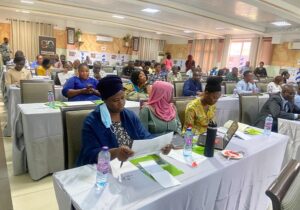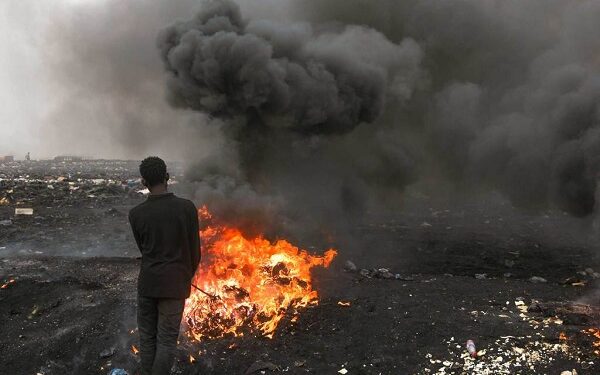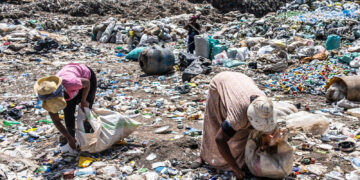ACCRA, Sept 17 (The African Portal) – Ghana is stepping up efforts to tackle rising air pollution in its capital with the development of action plans for 13 metropolitan and municipal assemblies in Accra, officials and researchers said at a workshop on Tuesday.
The initiative, led by PSS Urbania Consult with support from the Clean Air Fund under the Breathe Accra project, aims to cut harmful pollutants and move Ghana towards meeting World Health Organisation (WHO) targets by 2040. The action plans are being drawn up in line with the Greater Accra Air Quality Management Plan, first published in 2018 and revised in 2023.
Reference grade sensors deployed across 52 monitoring sites as part of research efforts recorded high levels of sulphur dioxide and nitrogen dioxide in several dense commercial areas including markets, transport stations and schools. While most sites met WHO and Ghana Environmental Protection Agency limits for particulate matter, hotspots such as Ayawaso North and La Dadekotopon recorded concentrations of PM2.5 far above the safe threshold, with levels at some schools reaching more than 200 micrograms per cubic metre.
Air pollution in Accra stems mainly from vehicle emissions, open burning of waste, road dust and the use of solid fuels for cooking. The WHO estimates that exposure to dirty air increases the risk of respiratory disease, strokes and heart conditions. Ghana has set national air quality guidelines but they are less stringent than WHO limits.

Director of Policy Planning and Monitoring and Evaluation at the Ministry of Local Government, Chieftaincy and Religious Affairs, Mr. Usama Iddrisu Samu, told journalists at the sidelines of the workshop that the government of Ghana is working to strengthen the legal framework for addressing air pollution.
“As urbanisation takes place, pollution is definitely part and parcel of this. So what is important is to make sure to put in the necessary strategies in place. So as a ministry, we are mainly in charge of policy formulation and helping the assemblies prepare their bylaws to make sure,” he said.
He noted that an environmental sanitation policy has already been drafted and submitted to cabinet. “We are now at the point of finalising the environmental sanitation policy that we have formulated. We have sent to cabinet for consideration and then subsequently sent it to parliament for approval,” he said.
Mr Samu stressed that once passed into law, the framework would give assemblies stronger powers to act against offenders. “Once it becomes a law, the bylaws will be biting as and when you misbehave towards the pollution of the environment,” he said.
Mr Samu also pointed to other programmes being rolled out alongside the air quality initiative. “Like we are seeing, we are not only in air pollution planning, we have other programmes that we are running. Mentioning can be made of smart SDG projects that most of these assemblies that we have supported are also bringing them on board,” he said.

The new action plans will map out measures tailored to each municipality, including stricter monitoring, education campaigns, better waste management and traffic regulation. Once validated, the air quality action plans are expected to be adopted by the 13 assemblies and later expanded to other parts of Accra.
According to the World Health Organization (WHO) and the Clean Air Fund, it contributes to approximately 28,000 premature deaths annually across the country, based on 2019-2020 estimates.
This figure includes deaths from cardiovascular diseases (responsible for about 25% of ischemic heart disease fatalities), respiratory conditions (16% of chronic obstructive pulmonary disease deaths), strokes, lung cancer, and other non-communicable diseases. More recent data from the 2024 Global State of Air report updates this to over 30,000 premature deaths per year, reflecting worsening urban air quality.
Air pollution imposes a substantial economic toll on Ghana’s healthcare system and economy. In 2019, the country lost USD 1.63 billion in economic output due to Polycyclic Aromatic Hydrocarbons (PAH) related diseases alone (0.95% of GDP), including USD 250 million in direct healthcare expenditures for treatment of respiratory, cardiovascular, and cancer cases linked to air pollution.






